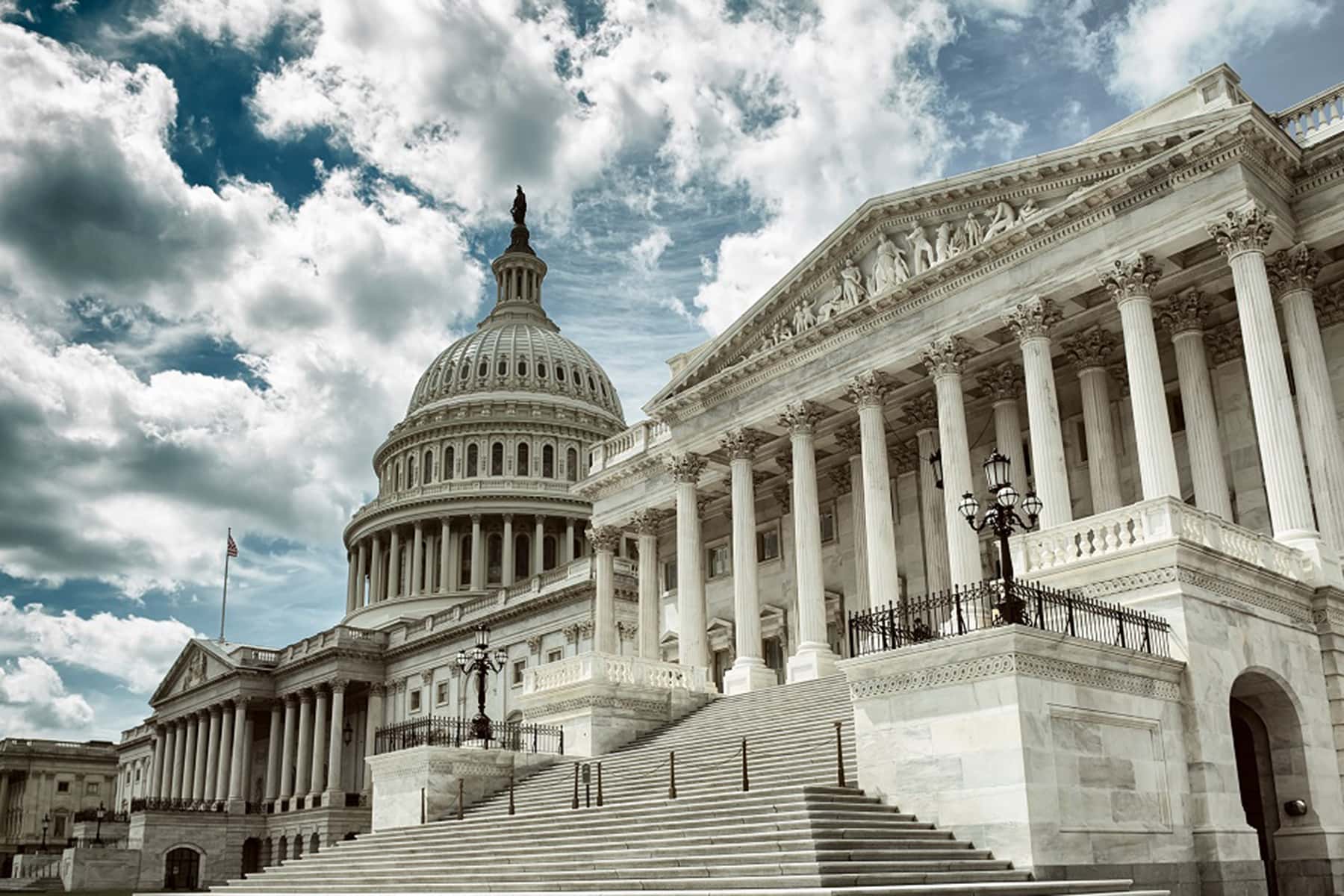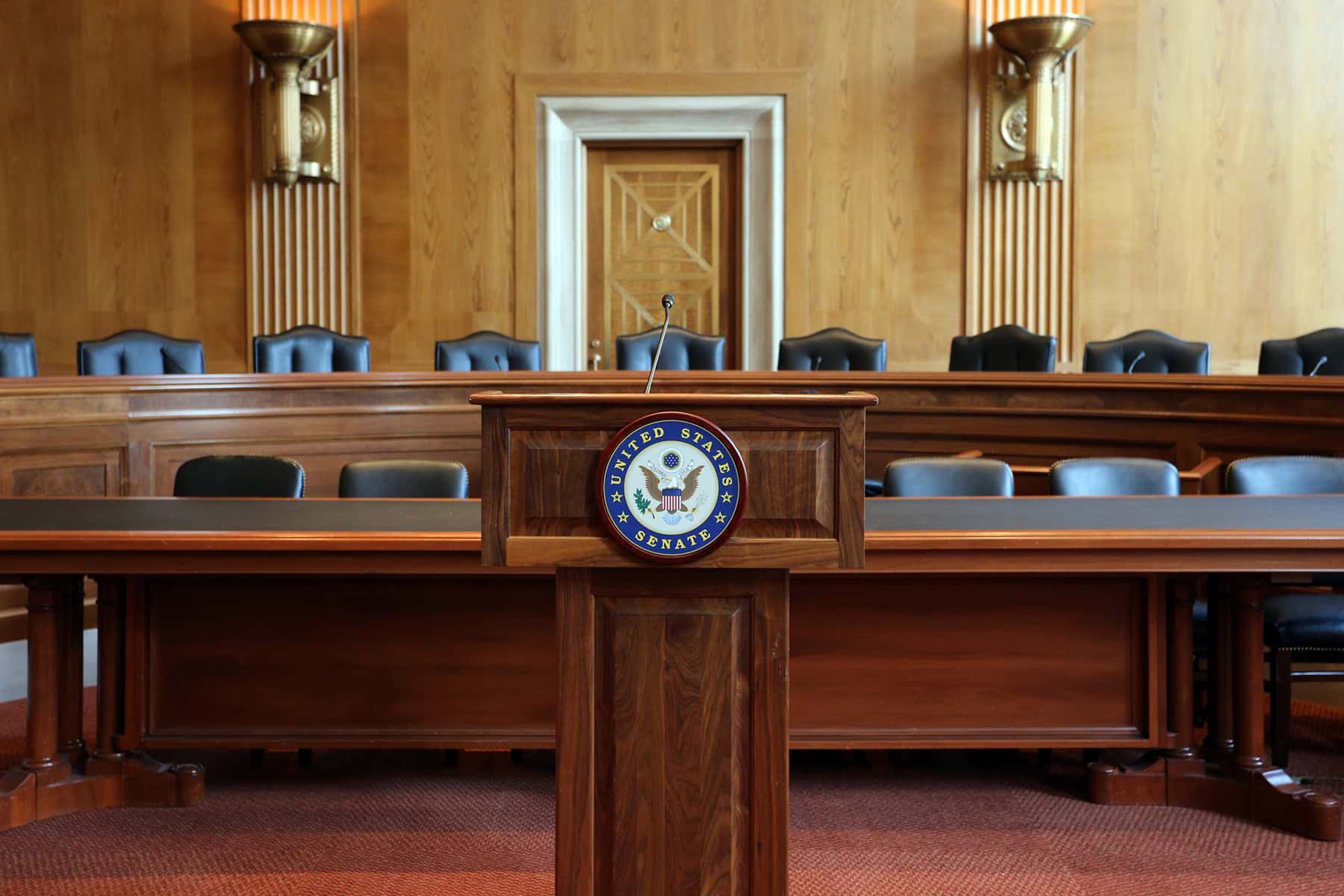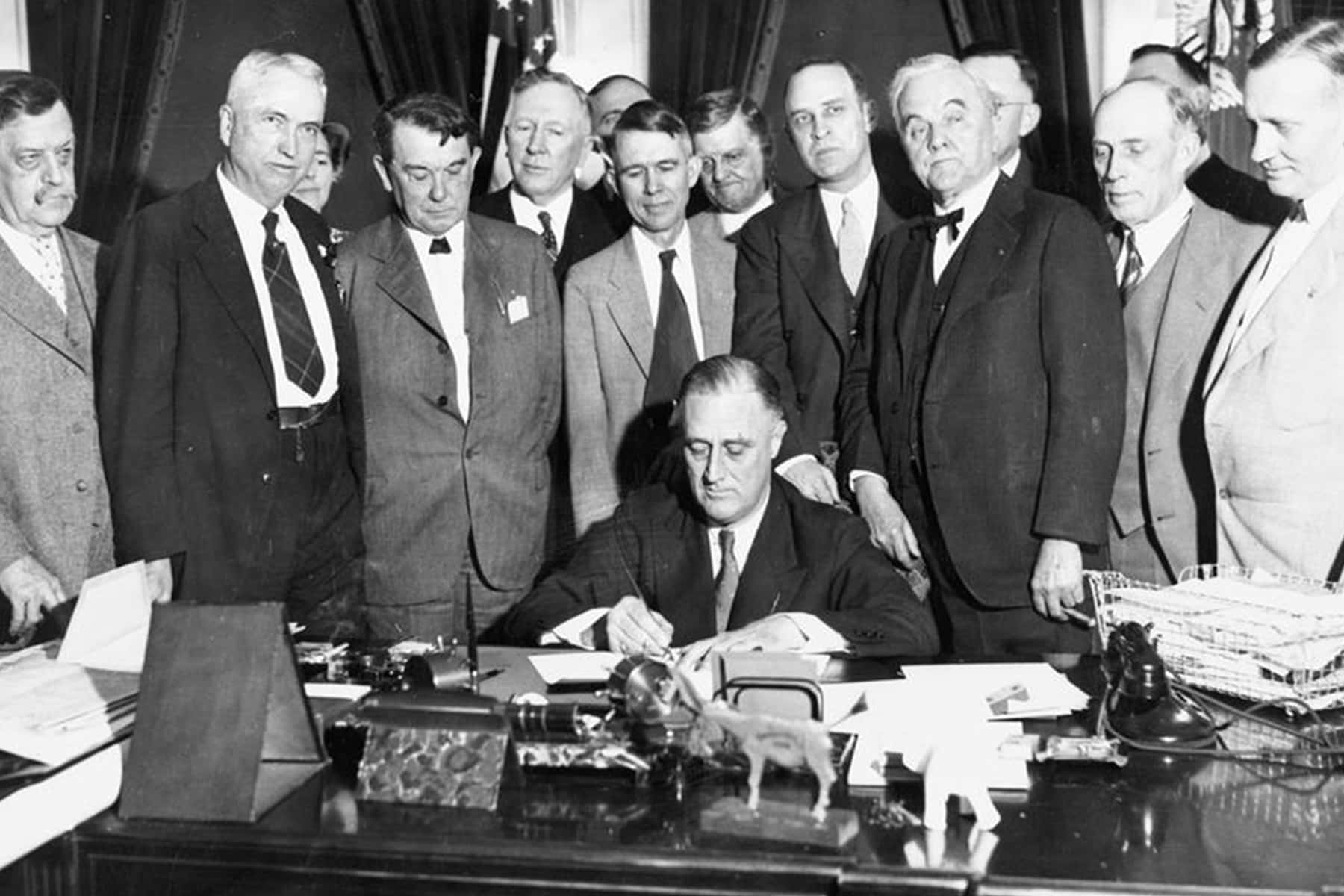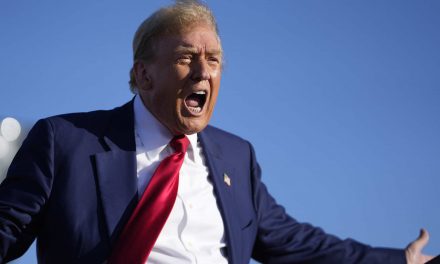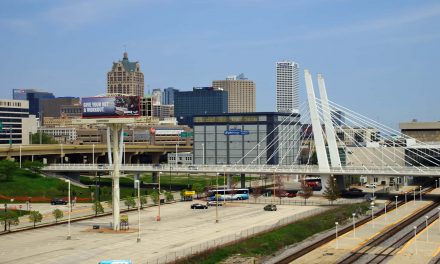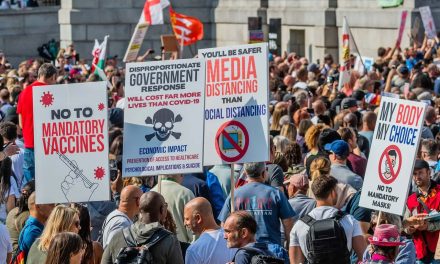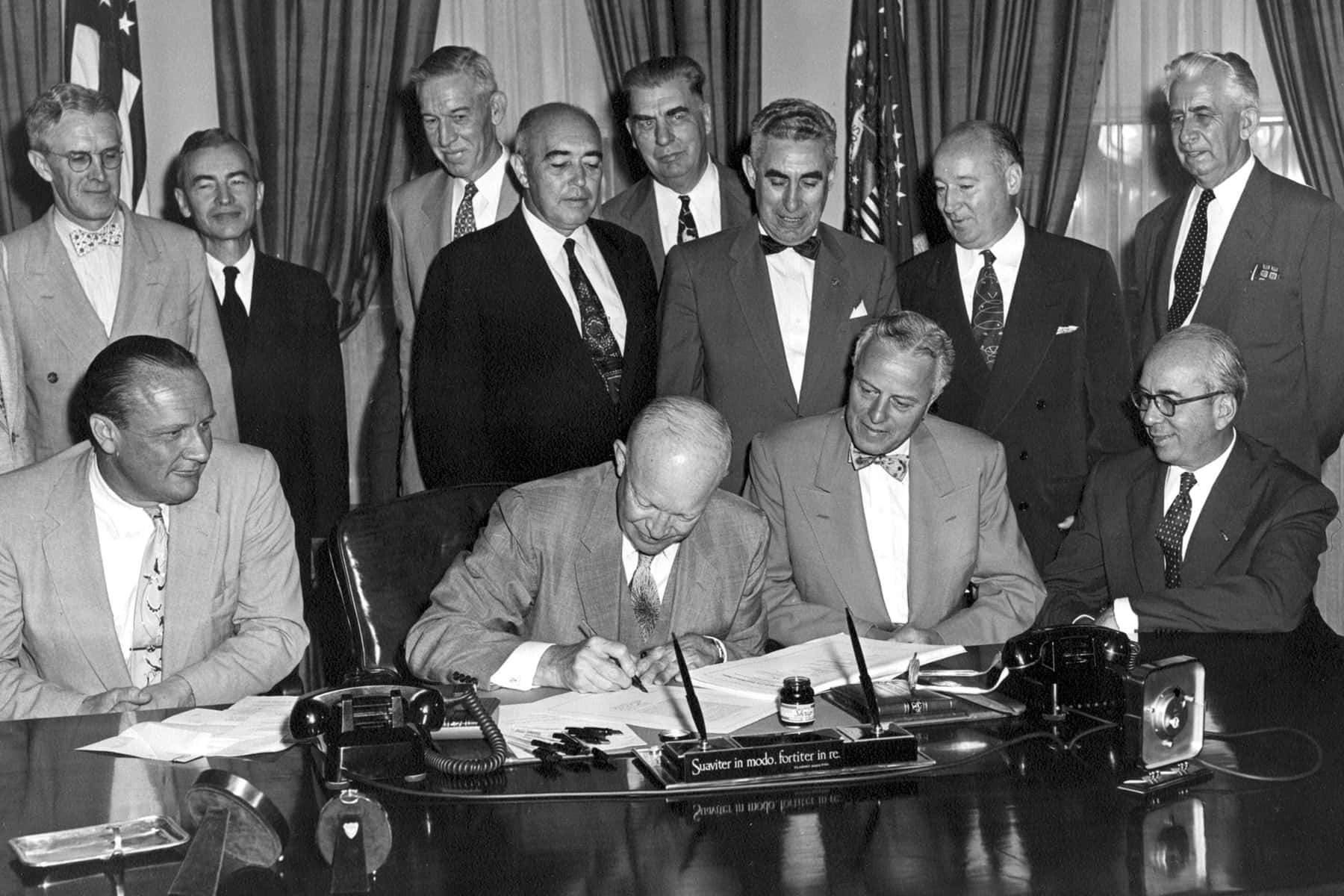
On July 20, the Fox News Channel’s Fox & Friends personality Steve Doocy told viewers to get the coronavirus vaccine because it would “save your life” and noted that 99% of the people now dying from COVID-19 are unvaccinated. Brian Kilmeade answered that not getting the vaccine is a personal choice and that the government has no role in protecting the population. “That’s not their job. It’s not their job to protect anybody,” he said.
It is, of course, literally the job of the government to protect us. The preamble to the Constitution reads: “We the People of the United States, in Order to form a more perfect Union, establish Justice, insure domestic Tranquility, provide for the common defense, promote the general Welfare, and secure the Blessings of Liberty to ourselves and our Posterity, do ordain and establish this Constitution for the United States of America.”
But Kilmeade’s extraordinary comment cuts to the heart of the long history from the New Deal to the present. In the 1930s, to combat the Great Depression, Democrats under President Franklin Delano Roosevelt had offered a “new deal for the American people.” That New Deal meant that the government would no longer work simply to promote business, but would regulate business, provide a basic social safety net, and promote infrastructure. World War II accelerated the construction of that active government, and by the time it was over, Americans quite liked the new system.
After the war, Republican Dwight Eisenhower rejected the position of 1920s Republicans and embraced the active government. He explained that in the modern world, the government must protect people from disasters created by forces outside their control, and it must provide social services that would protect people from unemployment, old age, illness, accidents, unsafe food and drugs, homelessness, and disease.
He called his version of the New Deal “a middle way between untrammeled freedom of the individual and the demands of the welfare of the whole Nation.” One of his supporters explained that, “If a job has to be done to meet the needs of the people, and no one else can do it, then it is the proper function of the federal government.”
In this, Eisenhower and his team were echoing Abraham Lincoln, who thought about government at a time when elite southern enslavers insisted that government had no role to play in the country except in protecting property.
As a young man, Lincoln had watched his town of New Salem, Illinois, die because the settlers—hard workers, eager to make the town succeed—could not dredge the Sangamon River to promote trade by themselves. Lincoln later mused, “The legitimate object of government is ‘to do for the people what needs to be done, but which they can not, by individual effort, do at all, or do so well, for themselves.’…Making and maintaining roads, bridges, and the like; providing for the helpless young and afflicted; common schools; and disposing of deceased men’s property, are instances.”
So Eisenhower and his fellow Republicans were in line with traditional Republican values when they declared their support for an active government. But those who objected to what became known as the post–World War II liberal consensus rejected the idea that the government had any role to play in the economy or in social welfare.
In 1954, William F. Buckley, Jr., and his brother-in-law L. Brent Bozell, Jr., made no distinction between the liberal consensus and international communism when they defended Wisconsin Senator Joe McCarthy for his attacks on “communists” in the U.S. government. They insisted that the country was made up of “Liberals,” who were guiding the nation toward socialism, and “Conservatives,” like themselves, who were standing alone against the Democrats and Republicans who made up a majority of the country and liked the new business regulations, safety net, and infrastructure.
That reactionary mindset came to dominate the Republican Party after 1980, and now, forty years later, a television personality is taking the stand that the government has no role in protecting Americans against a worldwide pandemic that has killed more than 600,000 of us.
And yet, the idea that the government has a role to play in the economy remains popular, and this is creating a problem for Republicans. As soon as they took office, President Joe Biden and congressional Democrats passed the $1.9 trillion American Rescue Plan without any Republican votes. About 60% of Americans liked the plan, and it is likely to be more popular still now that checks from the Child Tax Credit extended in it began hitting parents’ bank accounts on July 15. Even before that, at least 26 Republicans were touting the benefits of the measure to their constituents while neglecting to mention they voted against it.
Now, Congress is negotiating a two-part infrastructure plan. Biden and the Democrats have worked hard for three months to get at least 10 Republican senators to agree to a $579 billion measure that would provide hard infrastructure like roads, bridges, and broadband. Negotiators are still hammering out that agreement and Democrats are making concessions. Ohio Senator Rob Portman, a Republican, told CNN that a provision to pay for the package in part by enforcing tax laws against those ignoring them bothered Republicans enough that negotiators cut it.
And yet, leading Republicans said they would not vote to advance the bill, citing the fact it was not fully written. Since both parties regularly move their measures forward under such circumstances, many Democrats simply see this as a delaying tactic to try to kill the measure before Congress starts a month-long break on August 6. Senate Majority Leader Chuck Schumer (D-NY) has said for weeks that he would bring the bill up in mid-July.
If the bipartisan bill fails, the Democrats can simply fold the provisions in it into their larger infrastructure bill that they intend to pass through budget reconciliation, which cannot be blocked by a filibuster. This larger, $3.5 trillion measure includes funding for human infrastructure, such as childcare, and for addressing climate change. It also will move corporate taxation from the 21% established by the 2017 tax cut up to about 28%. It was 35% before the 2017 tax cut.
The Democrats need to get these measures through because they are facing serious financial deadlines. The Bipartisan Budget Act of 2019 suspended the debt ceiling — the amount the country can borrow — only until July 31 of this year. And the budget needs to be hammered out by September 30. If it isn’t, government funding can be extended by a continuing resolution, but in the past, Republicans have sometimes chosen to shut down the government instead.
All of this will take place while the House select committee to investigate the January 6 insurrection will be holding hearings. On July 19 House Minority Leader Kevin McCarthy (R-CA) made it clear he intends to disrupt those hearings: three of the five people he named to the committee — Jim Banks (R-IN), Jim Jordan (R-OH), and Troy Nehls (R-TX) — voted to challenge the election results in Pennsylvania and Arizona, thus helping to legitimize the Big Lie that led to the insurrection.
In today’s struggle over the nature of government, the Democrats are at a disadvantage. They want to use the government to establish justice, insure domestic tranquility, provide for the common defense, promote the general welfare, and secure the blessings of liberty, just as Lincoln and FDR and Eisenhower advocated. To drive their individualist vision, though, all the Republicans have to do is stop the Democrats.
Library of Congress
Letters from an Аmerican is a daily email newsletter written by Heather Cox Richardson, about the history behind today’s politics

